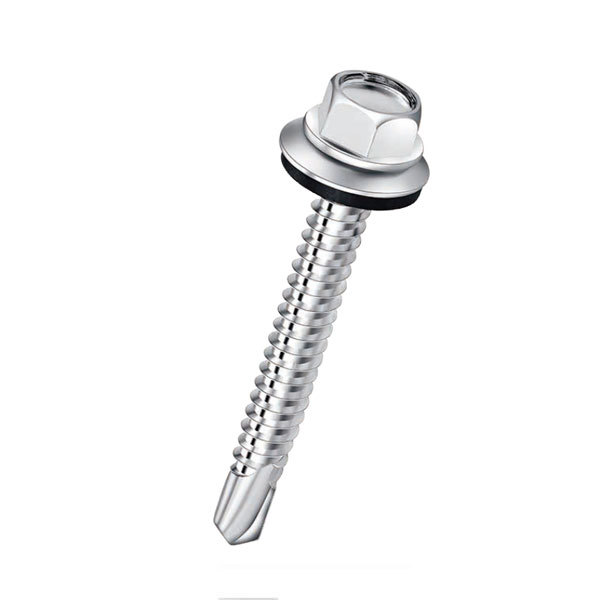Comparing Wood Screws and Drywall Screws for Your Next Home Improvement Project
Wood Screws vs. Drywall Screws Understanding the Differences and Uses
When it comes to construction and DIY projects, selecting the right type of screw is crucial for ensuring structural integrity and durability. Two common types of screws that often come up in discussions are wood screws and drywall screws. Although they may seem similar at first glance, they have distinct characteristics that make each suitable for specific applications.
Composition and Design
Wood screws are typically made from harder materials such as steel, and they often feature a sharp point and coarse threading that is designed to grip into the fibers of wood. The threads of a wood screw usually run all the way to the head, allowing for maximum holding power when driven into wooden surfaces. Additionally, wood screws may come with a variety of head types, such as flat, round, or pan, offering versatility depending on the aesthetic and functional needs of the project.
On the other hand, drywall screws are specifically engineered for fastening drywall sheets to wooden or metal frames. These screws are generally made from a softer steel and feature a bugle head that allows the screw to sink easily into the drywall without causing damage. The threads of drywall screws are finer and do not extend all the way to the head, which provides a more secure grip in the drywall while preventing breakage that can occur from excessive torque.
Applications
The primary use of wood screws is for assembling wooden structures or joining wooden components. They are ideal for cabinets, furniture, and framing because they provide a strong and durable hold. Given their design, wood screws can easily penetrate hardwood and softwood alike, making them versatile for various woodworking tasks.
wood screw vs drywall screw product

In contrast, drywall screws are used almost exclusively for installing drywall. Their specific design makes them perfect for creating the seamless surface that is required for finishing walls and ceilings. They are also used in projects where lightweight materials are joined, but are not suitable for heavy-load applications or structural components.
Strength and Durability
When considering strength, wood screws outperform drywall screws. Since wood screws are made from harder materials and have a coarser threading, they can withstand heavier loads and withstand pulling forces without stripping. This makes them essential for structural applications where stability is necessary.
Drywall screws, while sufficient for their intended use, are not meant to support heavy loads. If used in situations where strength is required, they can strip or break, leading to structural issues or failures. Therefore, it's important to use the right screw type for the right application to avoid compromising the integrity of the project.
Conclusion
In summary, choosing between wood screws and drywall screws depends largely on the specific needs of your project. For woodworking tasks requiring strength and stability, wood screws are the superior choice. Conversely, for hanging drywall or lightweight materials, drywall screws prove to be more efficient and practical. Ultimately, understanding the differences in design, composition, and applications will ensure that your projects are not only successful but also safe and durable. When in doubt, always consult with a hardware professional to select the best fasteners for your needs.
-
Top Choices for Plasterboard FixingNewsDec.26,2024
-
The Versatility of Specialty WashersNewsDec.26,2024
-
Secure Your ProjectsNewsDec.26,2024
-
Essential Screws for Chipboard Flooring ProjectsNewsDec.26,2024
-
Choosing the Right Drywall ScrewsNewsDec.26,2024
-
Black Phosphate Screws for Superior PerformanceNewsDec.26,2024
-
The Versatile Choice of Nylon Flat Washers for Your NeedsNewsDec.18,2024










